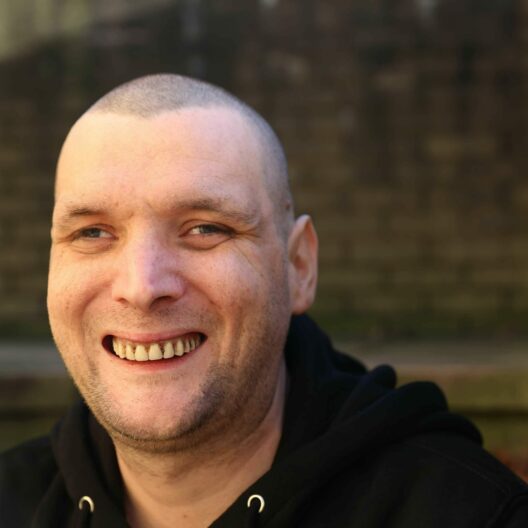
We’ve all felt the impact of the cost of living crisis over the last year. We’ve read the headlines, heard about rising inflation and felt the squeeze. But what’s the real, day-to-day impact? We commissioned YouGov to carry out some research into the impact of the cost of living crisis.
Impact of the cost of living crisis on health
Our polling found that 28% of UK adults (14.7million) are skipping meals because of costs. It’s unimaginable to think that more than a quarter of UK adults are having to go without food because of the effects of the cost of living crisis.
A person’s income should be enough to cover the essentials to live such as bills, rent and adequate food. That’s why we’ve joined with Trussell Trust and Joseph Rowntree Foundation to call for an Essentials Guarantee, ensuring that the basic rate of Universal Credit is enough to cover the essentials. The basic rate of Universal Credit is £85 a week, £35 less than is needed to cover the bare minimum such as food and bills.
Impact of the cost of living crisis on bills
1 in 10 (13%) are going without electricity or gas at least monthly and 28% of UK adults (14.9 million) are finding keeping up with bills and credit commitments a heavy burden.
This year, we’re not expecting any additional support for increased energy bills from the Goverment. That’s why we’re supporting the Citizens Advice, NEA, MSE, Fair By Design and EnergyUK campaign calling on the Government to help customers with energy bills ahead of this winter. We want the Government to put long-term support in place so that everyone can afford to keep warm and safe.
Impact of the cost of living crisis on sleep
Sleep is the foundation of health. Lack of sleep affects not only energy levels, but mental wellbeing too. That’s why it’s so worrying that 35% of UK adults (18.4 million) are losing sleep on at least a monthly basis because of worries around the cost of living crisis.
Impact of the cost of living crisis on mental health
56% of UK adults feel their mental health has been negatively impacted by the cost of living. It’s shocking to learn that more than half of UK adults feel their mental health is suffering due to the cost of living crisis.

As a person with a mental health issue before I was in debt, I know it is very hard to even do the basics. When I say you don’t even want to do the basics, that is even more true when it comes to paying bills and debt. You shirk your responsibilities as a person, not because you don’t want to deal with them, but as a symptom or by-product of mental health and your state of mind. Speaking from experience, I was in this position.
Stuart, debt-free CAP client.
The impact of the cost of living crisis has been devastating and we’re not happy about it. Neither are the thousands of people that have given their support our campaigns. That’s why we’re calling on the Government to put poverty on the agenda. We want the different political parties to make fighting poverty a named action in their manifestos and to make commitments to make tangible change.




